William Dieterle’s All That Money Can Buy (1941): Criterion Blu-ray review
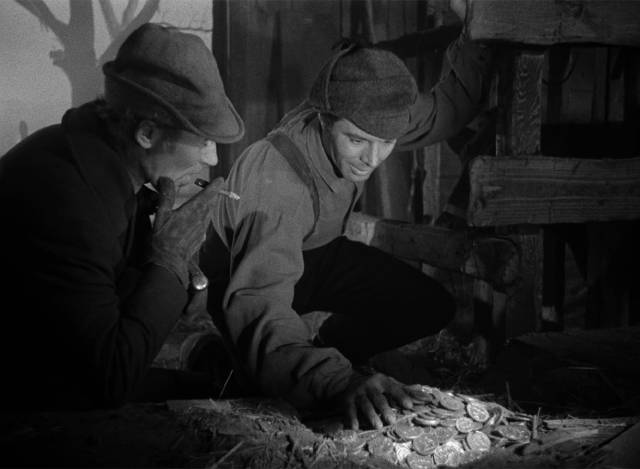
William (Wilhelm) Dieterle was one of many European emigres who made their way to Hollywood as the American movie business expanded towards world dominance in the early decades of the Twentieth Century. He had had a flourishing career as an actor in theatre and films since the teens, and had begun directing towards the end of the ’20s, with more than a dozen credits before he left Germany in 1930 as the Nazis were gaining power. He quickly became a prolific and successful director, making as many as six movies a year.
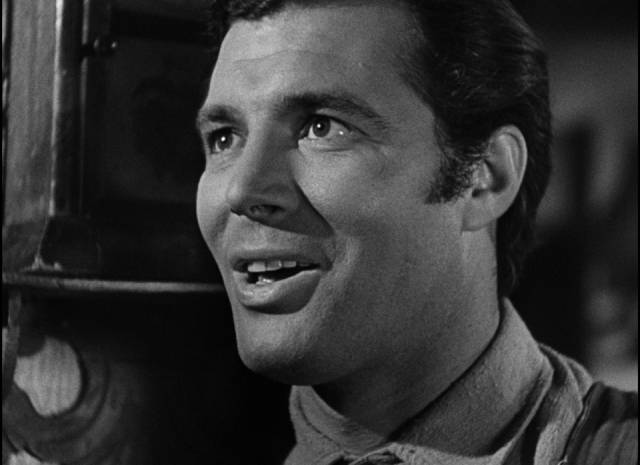
Although his work ranged from comedy to adventure to romance and even sci-fi, he became associated with prestige biopics when he teamed up with actor Paul Muni in mid-decade. Muni was highly regarded and The Story of Louis Pasteur (1936), The Life of Emile Zola (1937) and Juarez (1939) were the kind of movies Hollywood liked to congratulate themselves over during award season – Pasteur received four Oscar nominations and three wins, Zola ten nominations and three wins, though Juarez garnered only a single nomination. Today, such movies seem heavy-handed, earnest and middle-brow, but during this period Dieterle also collaborated with Max Reinhardt on Midsummer Night’s Dream (1935), which transformed Shakespeare into raucous vaudeville with an all-star cast and some genuine visual magic. He also made the second (very loose) adaptation of Dashiel Hammett’s The Maltese Falcon, retitled Satan Met a Lady (1936), which no one involved, including Dieterle himself and star Bette Davis, seemed to like; it took a mocking, even disrespectful, approach to the source material.
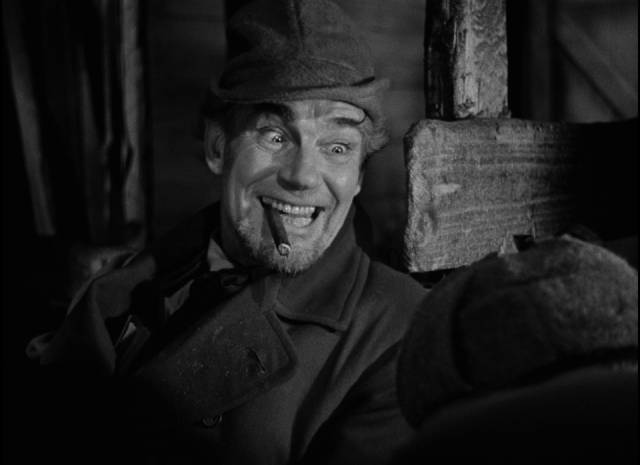
At the end of the decade, Dieterle made one or his biggest films, The Hunchback of Notre Dame (1939), with Charles Laughton revelling in Lon Chaney-esque grotesquerie as Quasimodo, quickly followed by another pair of biopics – Dr. Ehrlich’s Magic Bullet (1940), with Edward G. Robinson as the physician who bucked moral censure to find a treatment for syphilis, and A Dispatch From Reuters (also 1940), with Robinson again as the man who invented the news wire service. And then he made something darker and more fanciful in All That Money Can Buy aka The Devil and Daniel Webster (1941), a Gothic fantasy suffused with Germanic Expressionism which presents a bleak view of Capitalism as a force deforming American idealism.
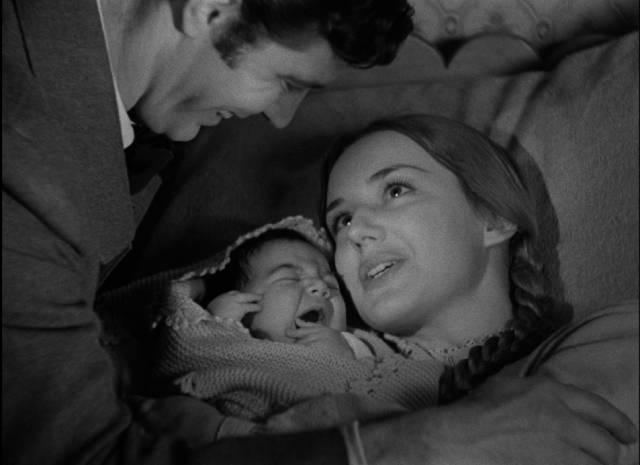
Based on the story by Stephen Vincent Benét, set in 1840s New Hampshire, it pointedly comments on 1940s America as it was emerging from the Great Depression on the eve of World War Two. A rural population of farmers are oppressed by greedy businessmen who use the insecurity of life tied to the land to ensnare hard-working people in inescapable debt. Contemporary audiences would have recognized (and hissed) the miserly Stevens (John Qualen) as a familiar villain; they would also have had sympathy for the farmers as they attempted to organize themselves into a league for mutual support. Throughout the ’30s, scenes of indebted people being evicted and cut adrift were commonplace, often connected to stories of rebels and outlaws who were embraced as antiheroic gangsters.
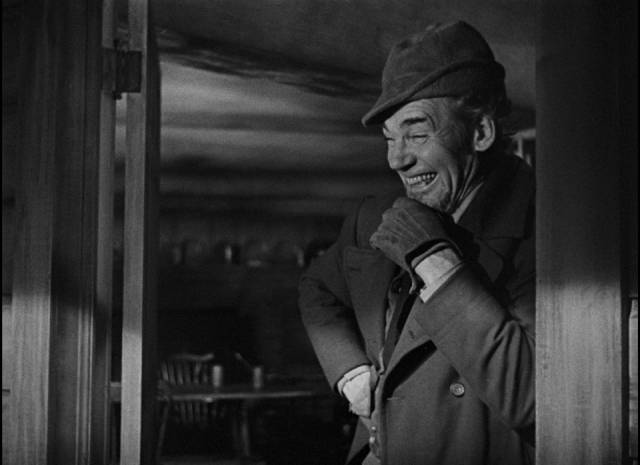
Benét and Dieterle, however, don’t provide us with such a satisfying character. Instead we get Jabez Stone (James Craig), a man clinging to his role as farmer, supporting his mother (Jane Darwell, the stoic Ma Joad of John Ford’s The Grapes of Wrath [1940]) and his young wife Mary (Anne Shirley) while facing the prospect of losing his land to Miser Stevens. There’s a tension established from the start between the grinding practicalities of life and the deep-seated traditions of New England Puritanism. In the opening sequence, Ma and Mary are preparing for church and they and Jabez are just about to head out when the dog chases a small pig and Jabez has to pursue the animals through the muddy farmyard to save the pig, which breaks its leg. Tending to the injured animal means that church is off and the women settle for reading aloud from the Bible as Jabez ties a splint to the pig’s leg.
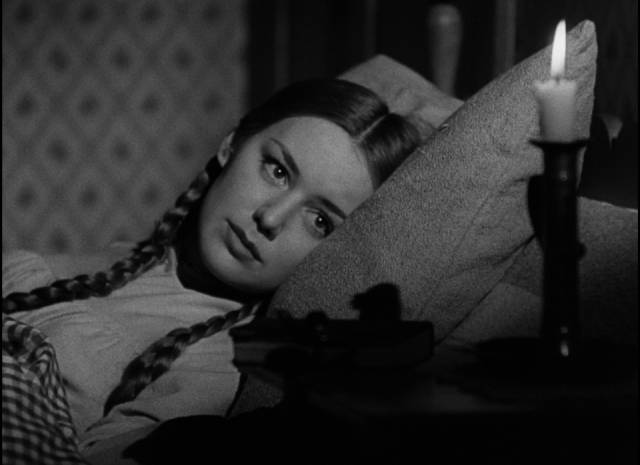
Although Puritan traditions remain in the background, the film is more concerned with the material conditions of a society governed by the power of money, and that power is embodied in the person of Mr. Scratch (Walter Huston), the Devil himself, who delights in playing on human desperation for his own amusement. When Jabez reaches the limits of tolerance and, believing himself to be alone in the barn, snaps that he’d sell his soul for two cents, Scratch pops up and offers him money and power – “all that money can buy” in fact – and all he has to do is sign a contract (in blood, of course) forfeiting his soul (immaterial and thus worthless, obviously) after seven years.
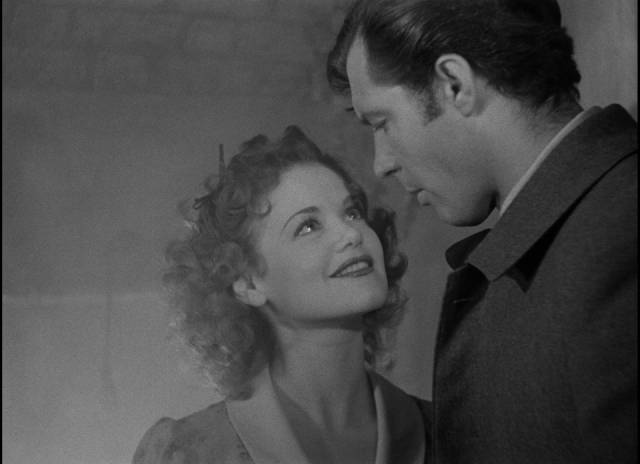
With a stash of gold found under the barn’s floorboards, Jabez not only has the means to save his own farm – he can also help his struggling neighbours, and this he does by freeing them from their debts to Stevens (echoes of Frank Capra’s Mr. Deeds Goes to Town [1936] with its beneficent millionaire, deflecting socialist self-help with philanthropic largesse). But it’s not long before unlimited wealth goes to his head, his profligacy causing uneasiness for Ma and Mary. And in time he wields the same controlling power over his neighbours that Stevens had done previously, with the corruption spreading to his young son Daniel (Lindy Wade), an obnoxious brat prone to temper tantrums, disobedience and violence. The boy’s nanny, planted in the house by Scratch, is Belle (Simone Simon, who the next year would make an indelible impression in Jacques Tourneur’s Cat People [1942]), who openly defies Mary and quickly takes her place as mistress of the household.
As the years pass and Jabez succumbs to the corruption of wealth, building a mansion and showing disdain for those who are still in the position which once trapped him, the counterweight to Scratch’s influence is Daniel Webster (Edward Arnold), a prominent lawyer and politician who in real life had served as Secretary of State under three presidents. Portrayed as a cheerful representative of the farmers’ interests, he’s called on by Mary and the farmers who are oppressed by their debts to Jabez for advice and is concerned by the transformation he sees in Jabez.
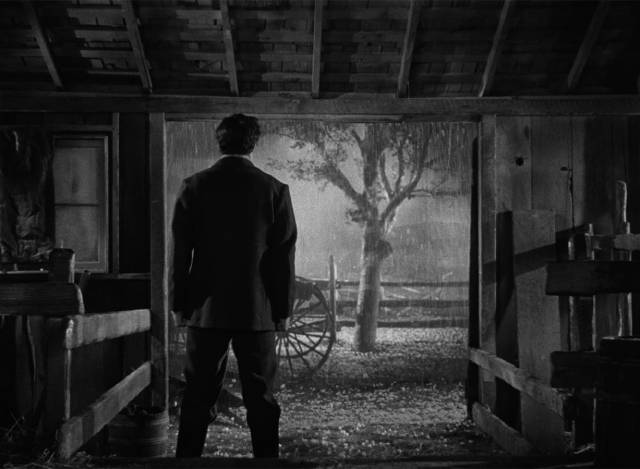
When the seven years are up and Scratch comes looking for the soul he’s owed, Jabez finally comes to his senses and pleads with Webster to argue his case against the Devil. Maybe it’s just me, but the film seems to become rather confused in the final stretch; Jabez has been such an unsympathetic character, steeped in his greed and cruelty, that the argument for nullifying his contract with Scratch is merely a matter of self-interest, not of justice. Did Scratch lie to him, or at least mislead him? Not really. He gave Jabez what he wanted and it was Jabez himself who turned that wealth into something ugly. And when court is convened, it’s difficult to dispute that the gallery of historical rogues who constitute the jury are truly Jabez’ peers.
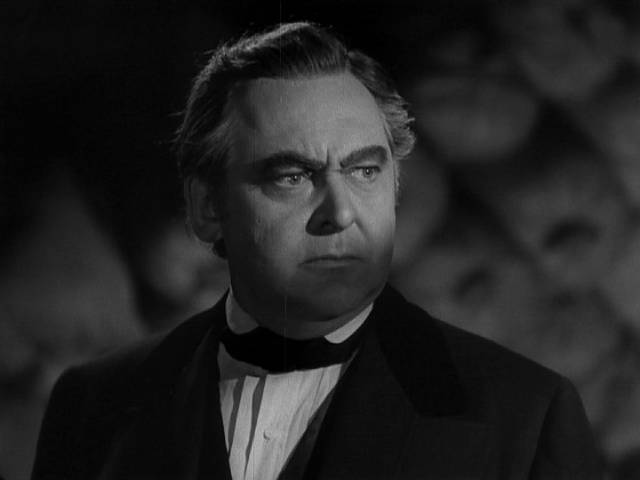
When Webster first argues that the contract is invalid because no American can be “the property of a foreign prince”, Scratch is offended and claims to be the essence of America, having been present when the genocide of the native Americans began and at the start of the African slave trade – that is, America itself is identified with its monstrous historical crimes. And yet Webster’s argument to the jury is that the nation is rooted in individual freedom and the assurance of second chances. Is there any rogue on the jury who himself doesn’t regret selling his soul to the Devil? And therefore should they not all give Jabez his second chance? The supposed founding ideals of the country are considered sufficient to negate the crimes committed in its founding and thus Jabez is exonerated and given that second chance at happiness.
There’s a bigger irony which lies outside the narrative in that the real Webster, who here argues that no man can own another, supported the preservation of slavery in order to prevent the breaking up of the Union. Apparently the idea that people cannot be owned only applies to white people trapped by financial obligations.
Although the script’s blindness to what’s aggravating about America’s self-aggrandizing myth is irritating, the cast is excellent – Huston’s Mr. Scratch in particular is a wonderfully appealing portrait of charming villainy – and Joseph August’s atmospheric cinematography and Bernard Herrmann’s score add strong support to Dieterle’s assured direction. There’s none of the ponderousness of the biopics here and towards the end, as Jabez waits for his party guests to arrive at his new mansion, Dieterle creates a haunting, phantasmagorical sequence with a ball of the damned which prefigures the imagery of Herk Harvey’s Carnival of Souls (1962).
*
The disk
Criterion’s new 4K restoration not only improves on their 2003 DVD, reverting to the film’s original release title – All That Money Can Buy – from the better-known The Devil and Daniel Webster, which was used for a shortened re-release version after the movie first failed at the box office; it also restores three brief effects shots which were still missing when the film was first restored in the ’90s. These are quick cuts to negative images of Mr. Scratch at crucial moments leading to Jabez Stone’s declaration that he’d sell his soul – though it’s not entirely clear whether these suggest that Scratch is causing the problems to push Jabez over the edge or simply reacting with pleasure because he can see what’s coming.
The supplements
The new disk contains most of the extras from the DVD – a commentary by Bruce Eder and Herrmann biographer Steven C. Smith; a reading of Benét’s original story by Alec Baldwin; a brief comparison between the 1941 pre-release version under the title Here Is a Man and the 1943 re-release version; a pair of radio adaptations of Benét’s story and its sequel; and a trailer. The only new features are a 13-minute Criterion Channel program which uses the film as the basis of a discussion of classical continuity editing and a five-minute restoration demonstration. The insert booklet reprints a 2003 essay by Tom Piazza and a short piece by Benét from the New York Times promoting the film’s release in 1941.
Comments